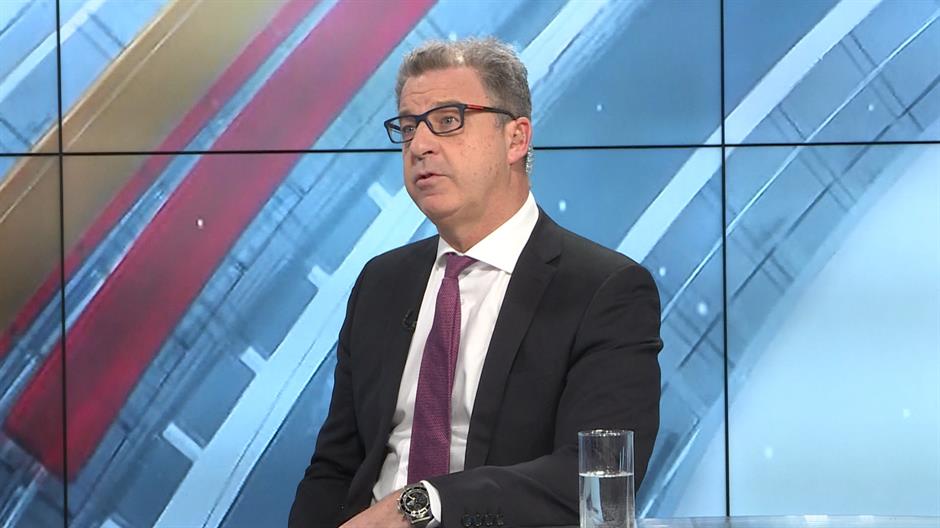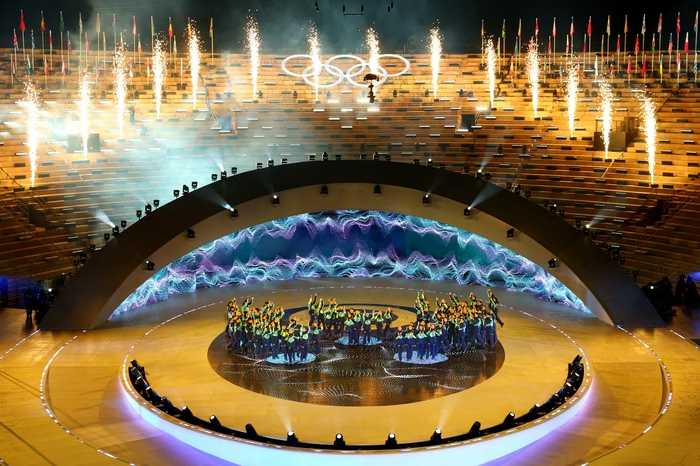
Millions of pages confirm the existence of crimes and The Hague-based archives are for those who want to know the truth, chief prosecutor for the UN Mechanism for International Criminal Tribunals (UN MICT) Serge Brammertz told N1.
Brammertz, who is on a visit to Sarajevo, said his next regular report before the UN Security Council will be similar to the ones in the past.
“I will report on the progress of cases, on regional cooperation which is regressing. Cooperation among the prosecutor's offices is not as good as it used to be several years ago. There are many reasons for that,” said Brammertz pointing out the glorifying of war criminals and denying of war crimes as some of the reasons.
“Those who are glorified are not heroes. They're convicted because they were acting opposite to the Geneva Convention. They were issuing orders to kill prisoners, destroy homes, sexually abuse the victims. They are opposite to being heroes,” he stressed.
The Hague Tribunal for former Yugoslavia is being perceived in the region in different ways, according to Brammertz. Some officials believe this is not a court of justice but a political court, he added.
“It is my stance that The Hague (tribunal) did not contribute to that. I would say it is the other way around. Owing to all trials, we have millions of pages that confirm the existence of crimes. Whoever wants to know what had happened – they can go to the archive and see the recordings,” emphasised Brammertz.
He said the closing down of the International Criminal Tribunal for the Former Yugoslavia (ICTY) is only one chapter in the process that continues.
“There are several thousand people in Bosnia and Herzegovina, Serbia and Croatia that are yet to be processed,” according to him.
The ICTY was a UN court of law dealing with war crimes that took place in the 1990s in the Balkan region. Although often labelled as a political court, it laid the foundations for what is now the accepted norm for conflict resolution and post-conflict development across the globe.
In 2004, the ICTY listed five of its accomplishments in justice and law, which included “bringing justice to thousands of victims and giving them a voice” as well as “strengthening the rule of law.”
Following the closure at the end of 2017, the ICTY was succeeded by the UN MICT and some of the cases were previously handed over to local judicial institutions in the Western Balkans.
“It is very important that the prosecutor's office show it has the unbiased approach and that it does everything possible to bring a perpetrator to justice,” Brammertz said in an interview for N1.
Speaking of the missing persons' issue, he emphasised it was necessary to get more engaged in the search for the missing persons and added that the glorifying of war criminals has a negative effect on that.
As for the cases of Ratko Mladic and Radovan Karadzic, whom the ICTY sentenced in the first-instance verdict for the war crimes in the region, the chief prosecutor noted it was difficult for him to comment on them as the pace of the procedures was not as fast as expected.
“We hope that the first-instance verdicts will be confirmed,” he added.
Kakvo je tvoje mišljenje o ovome?
Učestvuj u diskusiji ili pročitaj komentare





 Srbija
Srbija
 Hrvatska
Hrvatska
 Slovenija
Slovenija



























































